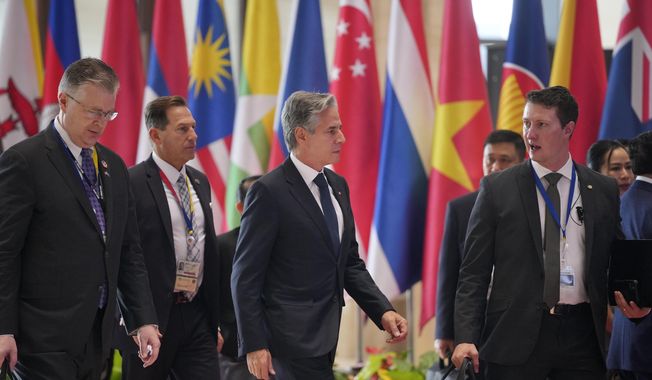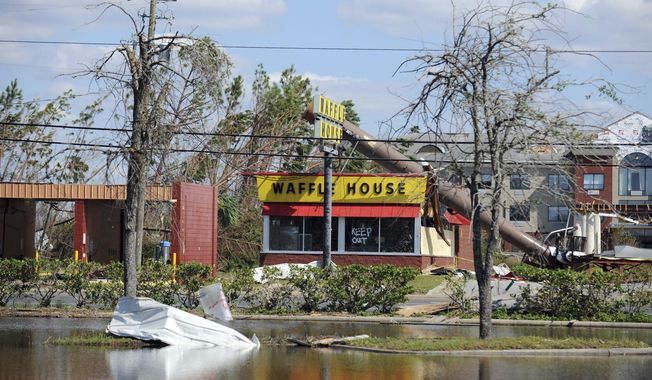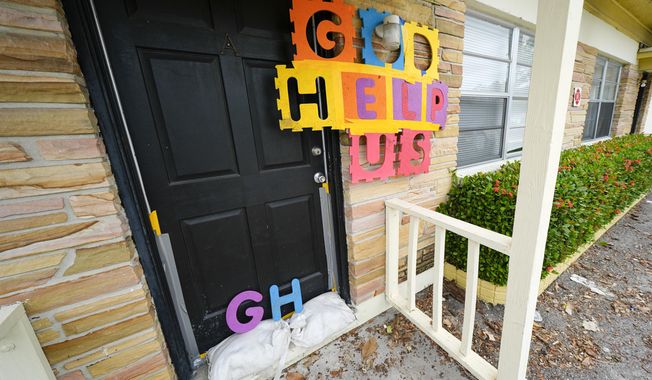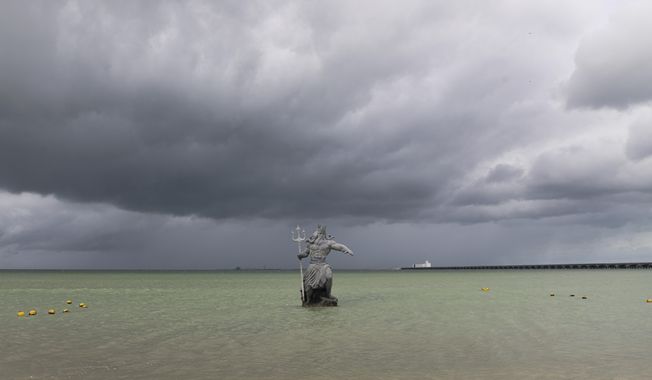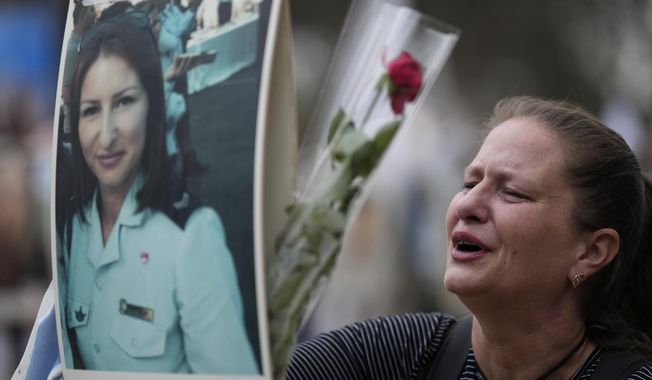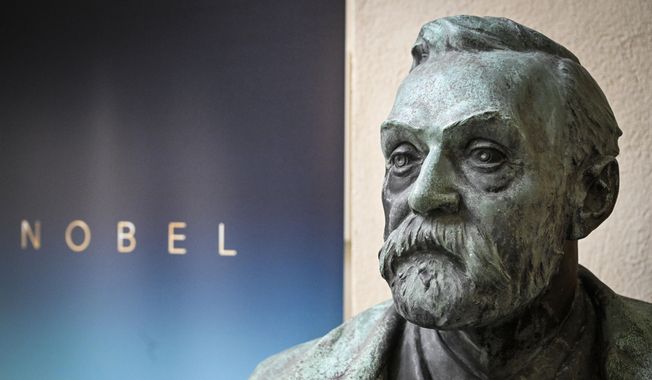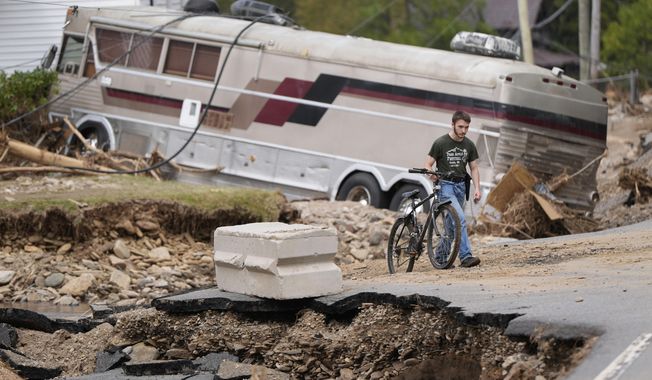
Janine Santos holds her 3-month-old son Shayde Henrique who was born with microcephaly while health workers visit her home in Joao Pessoa, Brazil, Tuesday, Feb. 23, 2016. U.S. and Brazilian health workers knocked on doors in the poorest neighborhoods of one of Brazil's poorest states Tuesday in a bid to enroll mothers in a study aimed at determining whether the Zika virus is really causing a surge in birth defects. The teams started in Joao Pessoa, the capital of Paraiba state which is one of the epicenters of Brazil's tandem Zika and microcephaly outbreaks. (AP Photo/Andre Penner)
Featured Photo Galleries
